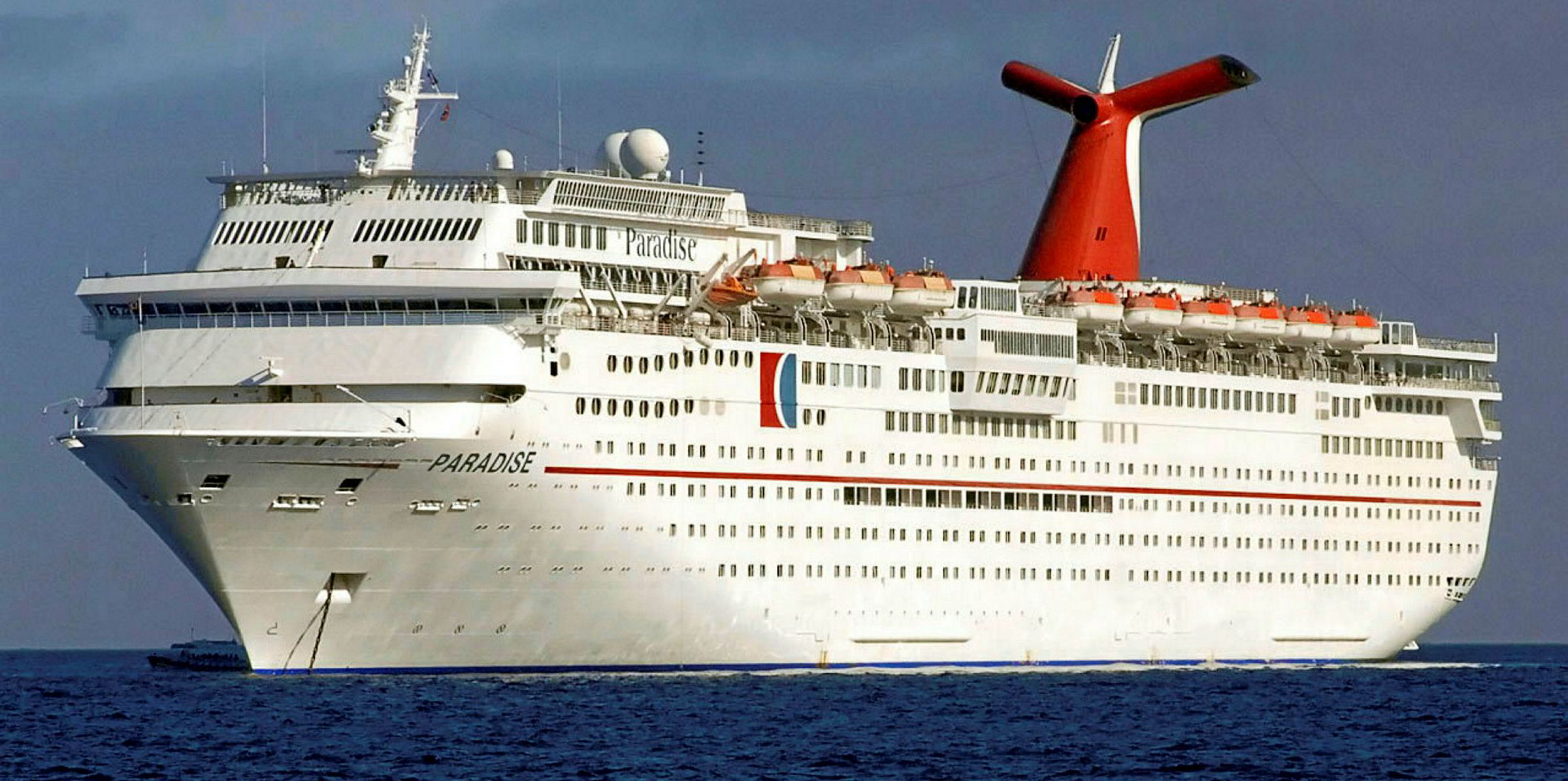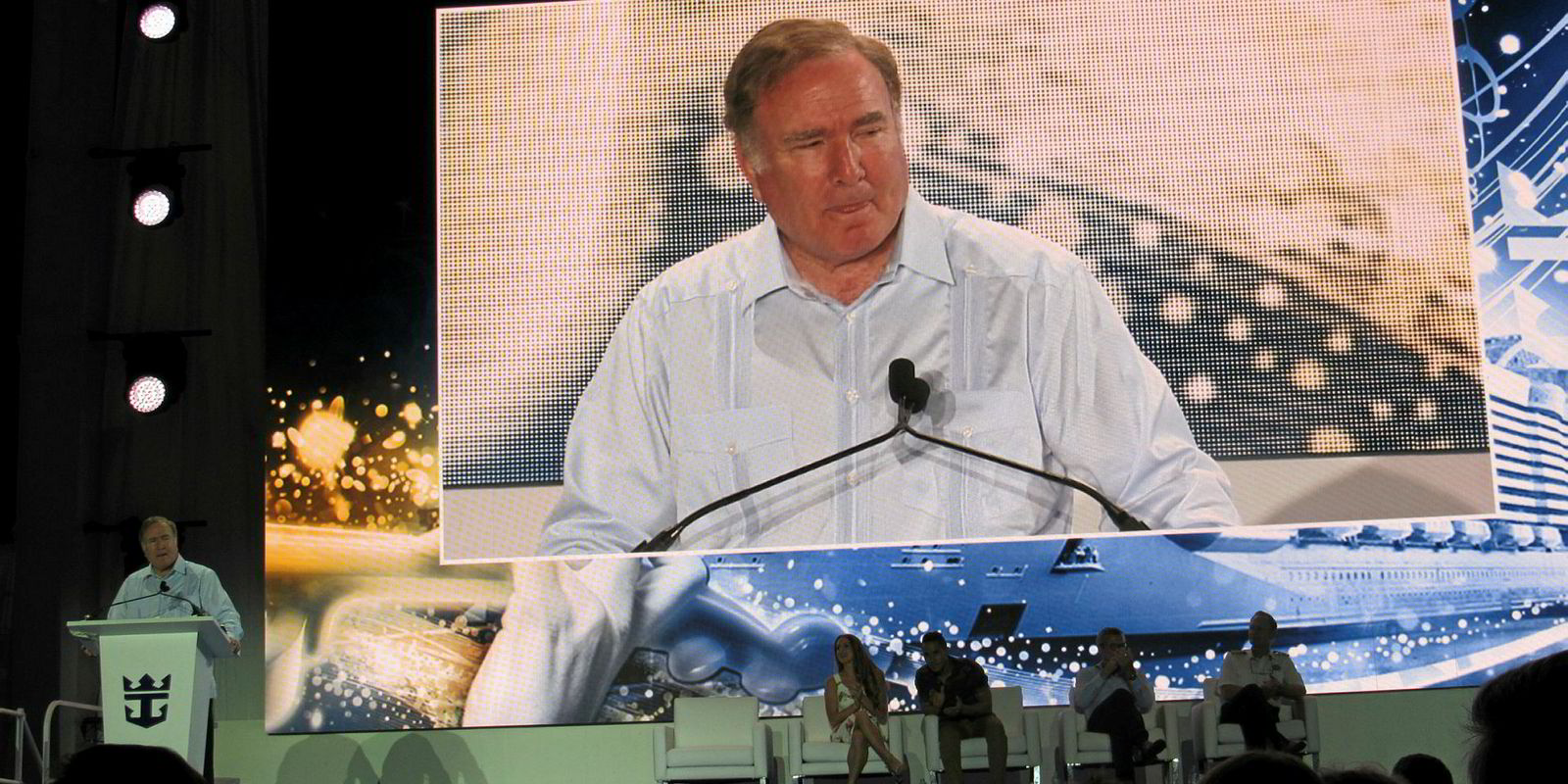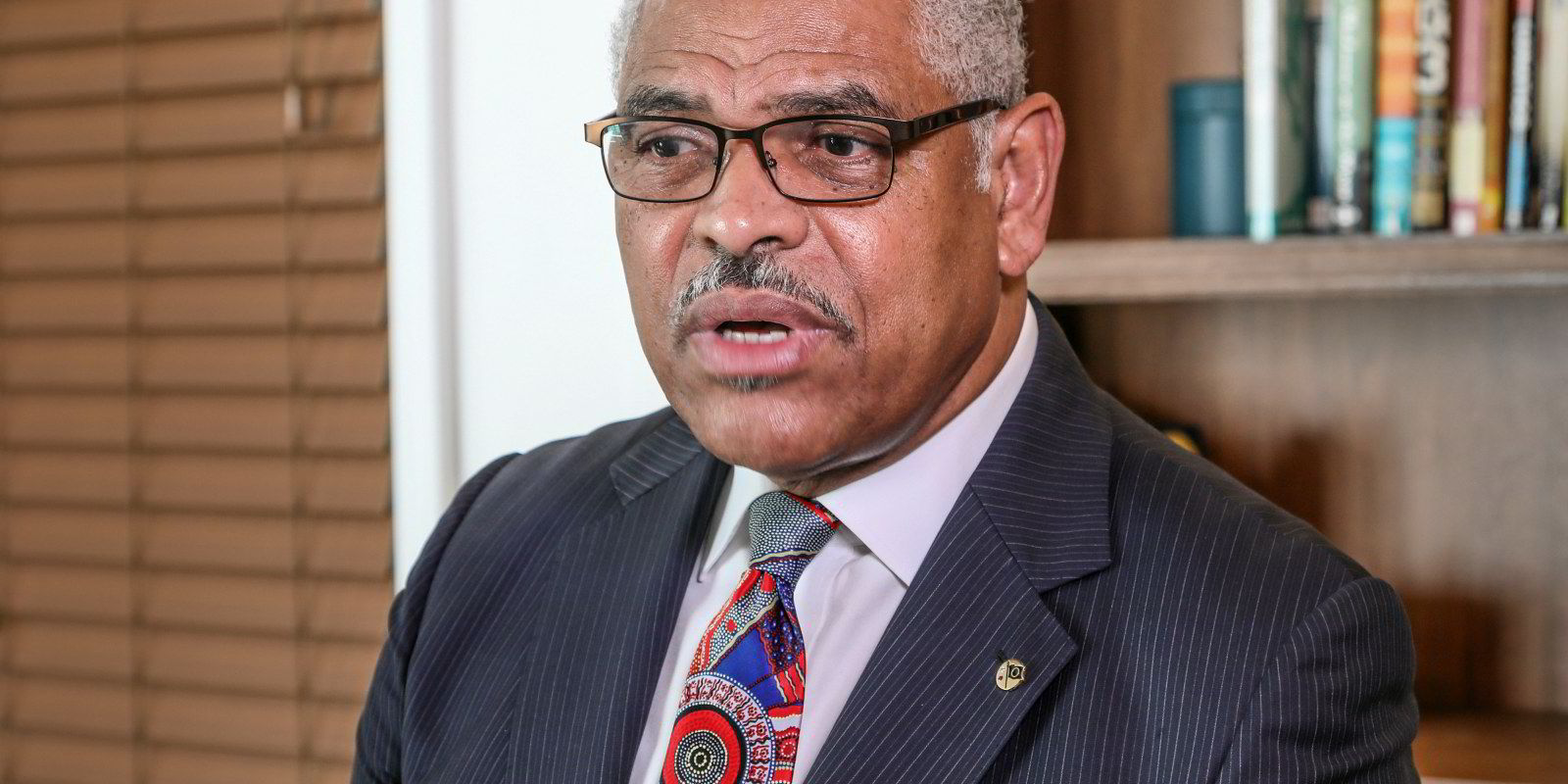Analysts are taking a bullish outlook on the cruise industry as shares recover from December’s stock rout.
Three leading cruiseship owners saw their shares plummet along with broader stock markets in what Sanford C Bernstein Research analyst David Beckel called a “year to forget”. However, after hitting their lowest level in nearly two years, they have been on a rising trend since Christmas.
The cruise sector is a pretty safe bet for investors, Beckel said.
“The combination of historically low valuations and solid growth prospects (absent a recession) ... results in a compelling risk-reward trade-off,” he wrote in a report on his outlook for 2019.
Upside potential
He pointed out that the cruise industry has upside potential of 3% due to yearly expected earnings per share (EPS) growth of 12% against an absolute valuation downside of 9%.
The upside on stock prices, Beckel said, could exceed 30% as shares move back towards 2018 highs of $134.98 for Royal Caribbean Cruises, $72.70 for Carnival Corp and $60.93 for Norwegian Cruise Line Holdings.
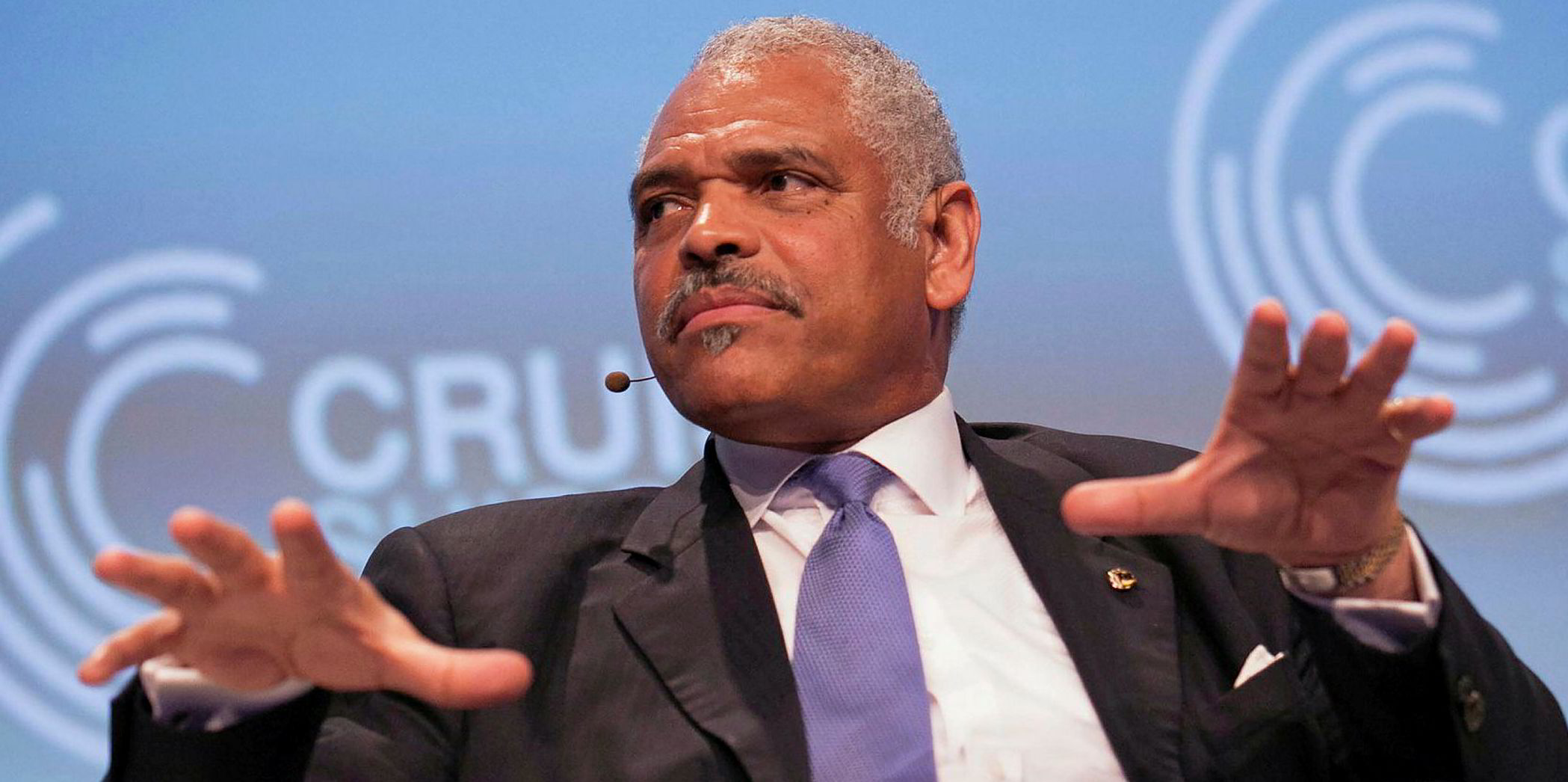
As for many stocks, December was a painful month for cruise equities.
Carnival’s New York-listed shares fell to a low of $45.64 in December, a 37% slump from their year high and the lowest level since September 2016. They had recovered to $52.30 at Thursday's close.
Royal Caribbean’s shares dropped to $89.48, their worst level since January 2017, but they are also mounting a sharp comeback. Norwegian Cruise Line has recovered 17% of its share price since dropping to $39.36 on 24 December, the lowest level since November 2016.
Throughout the slump, a wide majority of analysts kept positive ratings on the trio, and recent upgrades have boosted that tally.
The combination of historically low valuations and solid growth prospects (absent a recession) ... results in a compelling risk-reward trade-off
David Beckel
On 8 January, Beckel upgraded Frank del Rio-led Norwegian's shares to “outperform” from “market-perform”, based on a relatively low-risk profile in uncertain times. He also assigned that rating to Arnold Donald-led Carnival and Richard Fain-led Royal Caribbean.
Beckel’s top cruise pick was Royal Caribbean, which “has the critical scale required to invest in the types of technology and marketing initiatives that garner long-term strategic advantages, and it has demonstrated an ability to do so at a faster pace than its peers”.
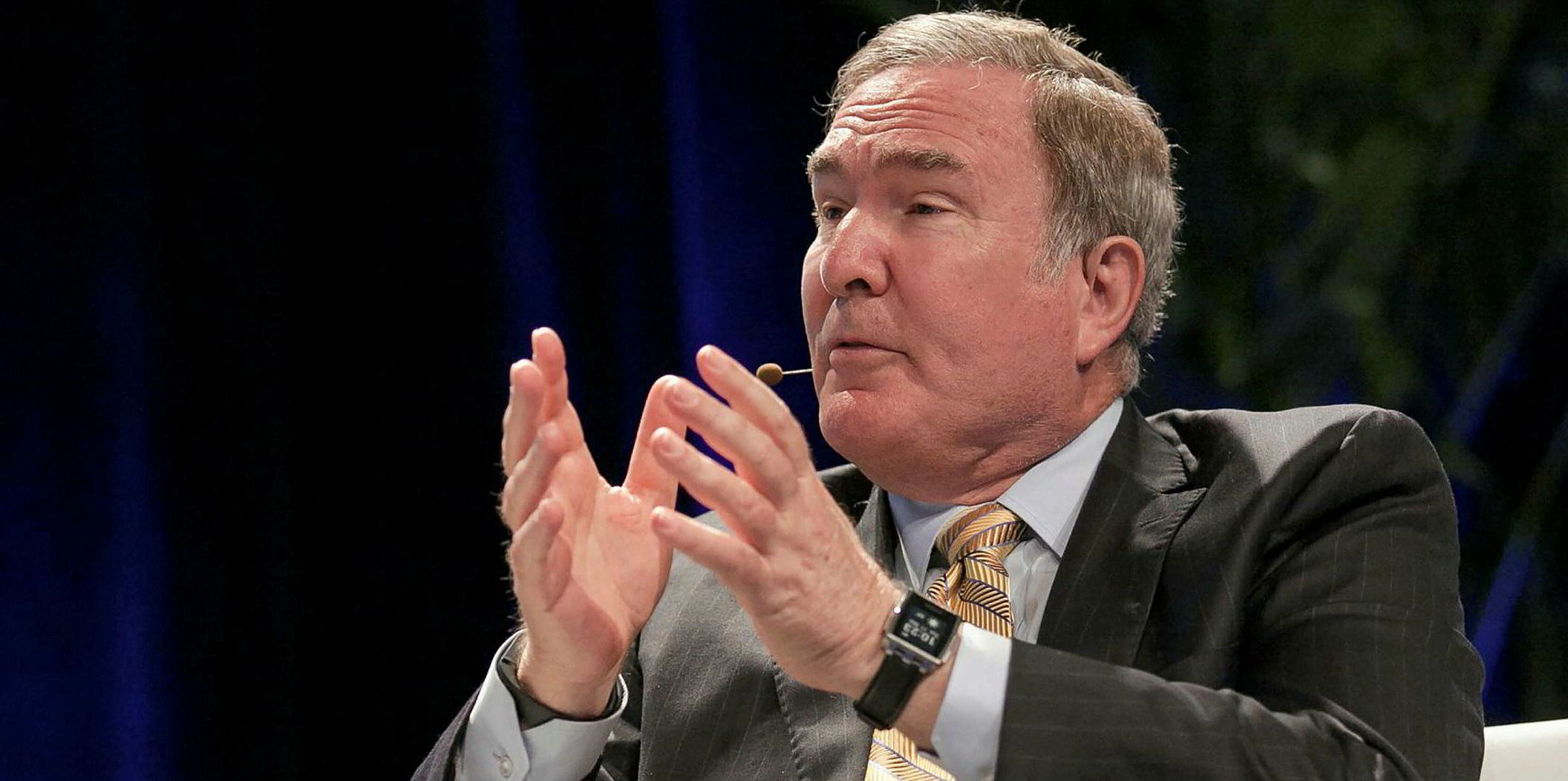
Carnival should get “some degree of premium valuation”, he added, based on sheer size and marketing, but it still lags behind Royal Caribbean in revenue handling and customer-facing technology.
Still, UBS analyst Robin Farley raised Carnival's EPS estimates through to 2021, based on better fuel efficiency and higher bookings.
The sector is fairly safe from falling into the red, given its popularity and small scale, but it can still be hurt by mistimed ordering, Byrne Hobart, an analyst at research firm M Science, warned.
“There’s a long lag between when cruise lines order capacity and when that capacity gets deployed, which means that capacity that gets ordered in good times can be delivered in bad times,” he told TradeWinds.
“Near-term concerns about matching supply and demand growth make sense. As we’ve seen in markets like China, a pattern of long-term growth doesn’t preclude price weakness if supply grows faster.”
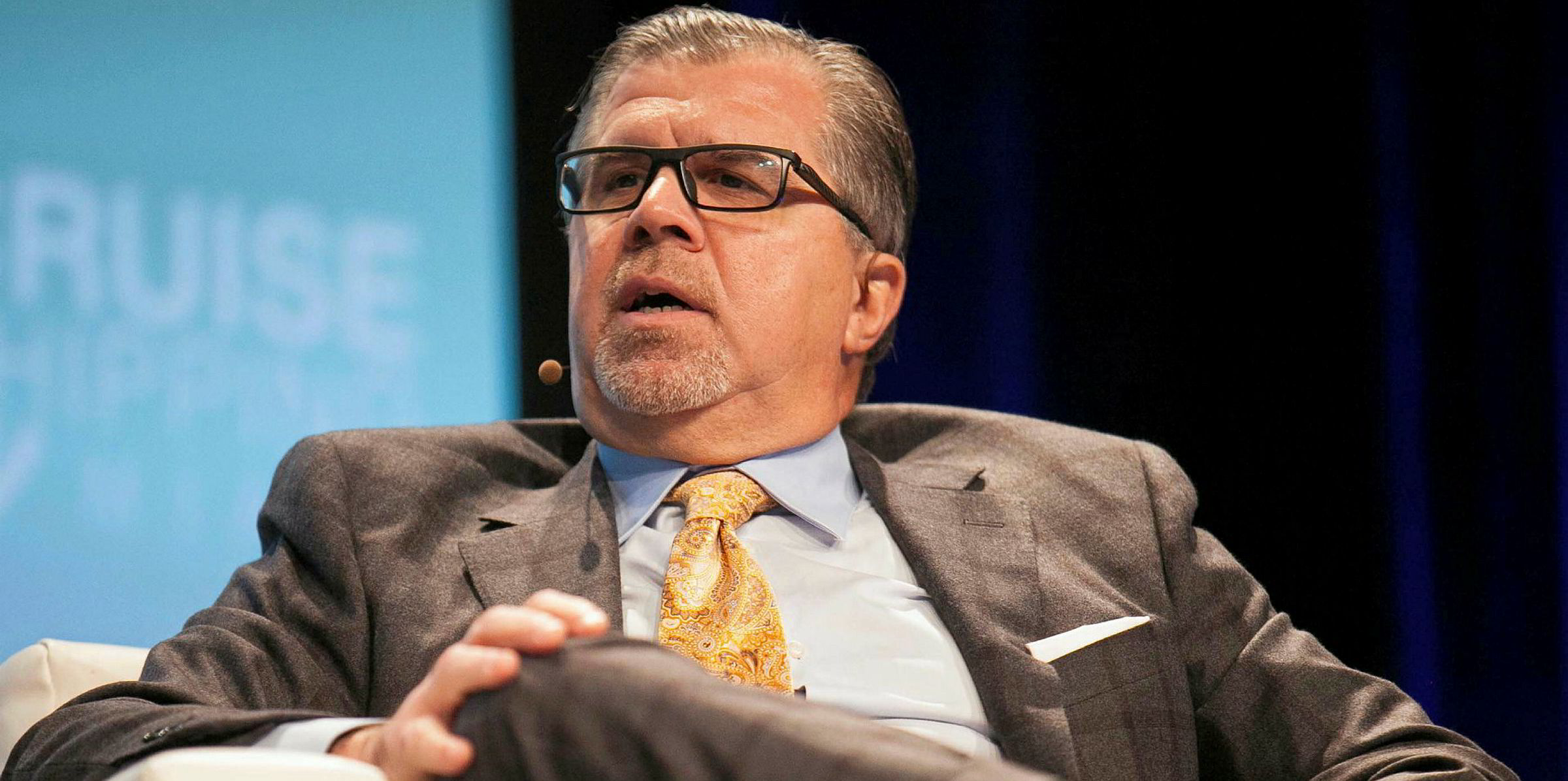
Cruise stocks also offer a safe investment because they are trading at near non-recession lows, which puts them close to 10 times their annual EPS on average, according to Beckel.
Royal Caribbean’s shares were recently trading at $104.90 and turned in trailing 12-month EPS of $4.44. Carnival was at $52.29 with EPS of $5.80, and Norwegian Cruise Line came in at $46.67 with EPS at $3.97.
Conservative guidance
“Downside is further limited by forwarding consensus estimates that have been significantly de-risked, thanks in large part to a very conservative FY 2019 guide from Carnival,” Beckel said.
The only risk that might drive valuation below historical lows is investor sentiment about future supply growth, since capacity is set to grow by 6.5% by 2020 with no chances of stopping. “Cruise lines cannot cancel or delay ship orders,” he said.
Beckel described the cruise industry as a safe bet so long as a recession does not hit. “Whether the US and/or global economies go into a full-blown recession in 2019 (or shortly thereafter) will be debated ad nauseam by economists and analysts — most likely until a recession actually occurs.”
